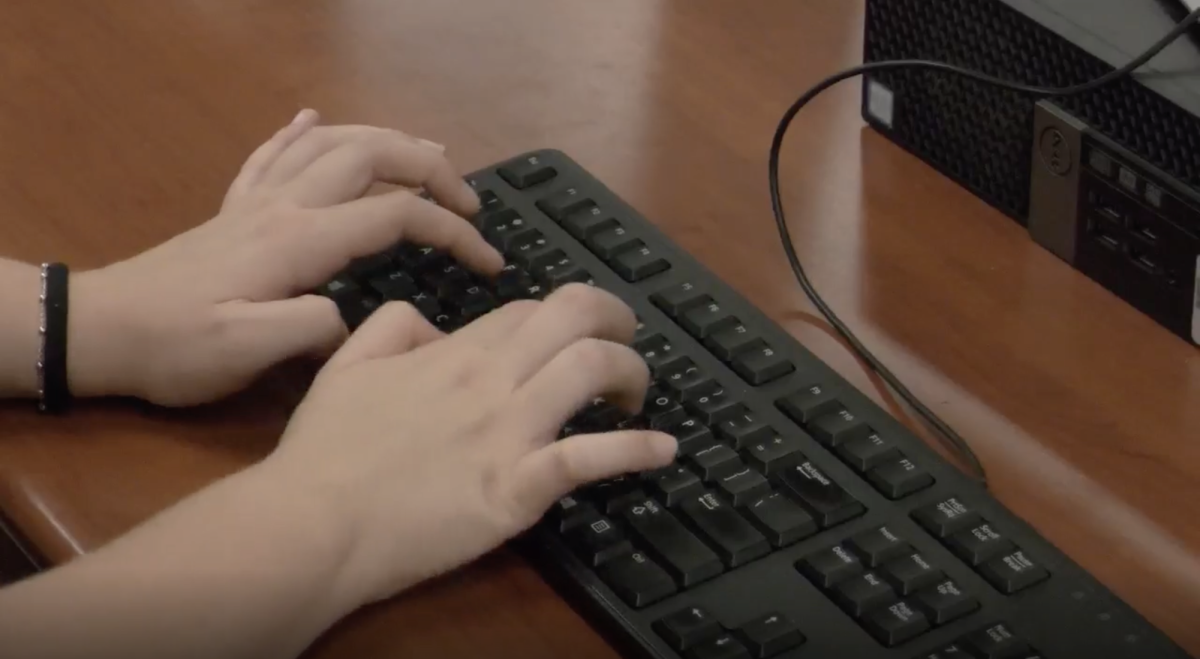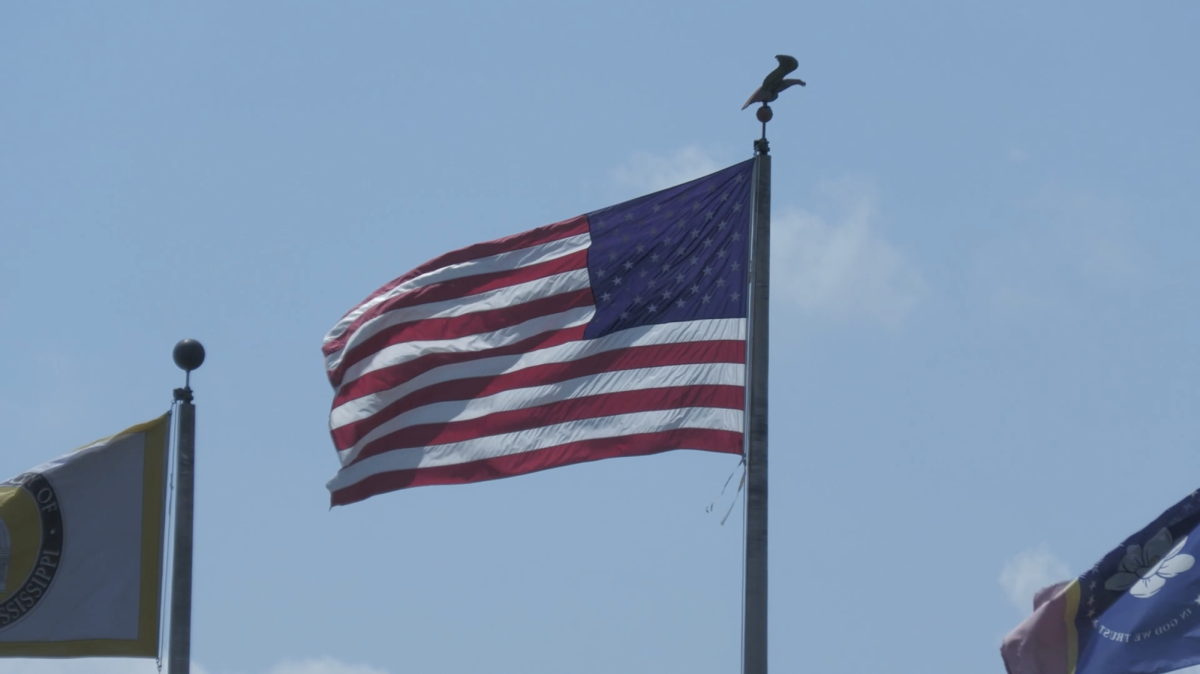Harvard University’s new policy on prohibiting professor-student relationships renders differing opinions among the students at USM. -courtesy photo
Harvard University’s new policy prohibiting sexual relationships between undergraduates and professors has stirred controversy among college campuses throughout the nation.
Harvard University, along with Yale University, the University of Connecticut, Arizona State University and other schools, have banned sex and romantic relationships between professors and undergraduates, graduate students and professors who work together, and undergraduates and graduate students who evaluate their grades in some form.
The Guardian reported Alison Johnson, the professor who chairs the committee on sexual misconduct at Harvard, said, “Undergraduates come to college to learn from us. We’re not here to have sexual or romantic relationships with them.”
The University of Southern Mississippi students have conflicting opinions regarding the matter.
Vinson McMurtery, a junior percussion music education major who is currently in a relationship with a graduate student within his field of study, said, “I feel that student-teacher non-professional relationships aren’t necessarily a bad thing. I think that society shines a negative light on it because of the way media portrays it and because of the sparse incidents on the news.”
“When handled with maturity, especially at the collegiate level, student-teacher relationships, whether just friendly or beyond that, can be beneficial to the growth and social development of both the student and teacher,” McMurtery said.
Brisha Rushing, a junior fashion merchandising major, has a different perspective.
“I feel that there is nothing wrong with Harvard’s ban on sex between students and teachers. I believe that it is a good thing, actually,” she said.
“I don’t think that it’s OK for students and teachers to have non-professional relationships. Teachers and students should not be allowed to be friends. There should be occasional jokes and laughter, but I believe that the relationship should not gravitate out of the classroom. Students should feel comfortable enough around a teacher to talk to them about issues related only to class.”
Rushing also feels that unprofessional student-teacher relationships could cause conflict with other students.
“The relationship could also eventually be exposed to other students, which will cause them to feel uncomfortable around the teacher,” Rushing said.
When asked about the pros and cons of dating a graduate student, McMurtery responded, “Pros: I get a different point of view about education and our fields of study. We are both in the School of Music. She’s choral. I’m instrumental. She isn’t in any position to grade or evaluate me, so there aren’t any school rules against us being together.”
“Cons: Our schedules conflict a lot, so we don’t get to see each other much during school hours,” McMurtery said.
“Outside of the educational institution, we have no control over what kinds of relations students and teachers have. As long as public displays (of) affection between the two parties aren’t occurring at the institution, then I don’t think we should involve ourselves in these situations. It’s a matter of separating business and personal life,”McMurtery said.






























